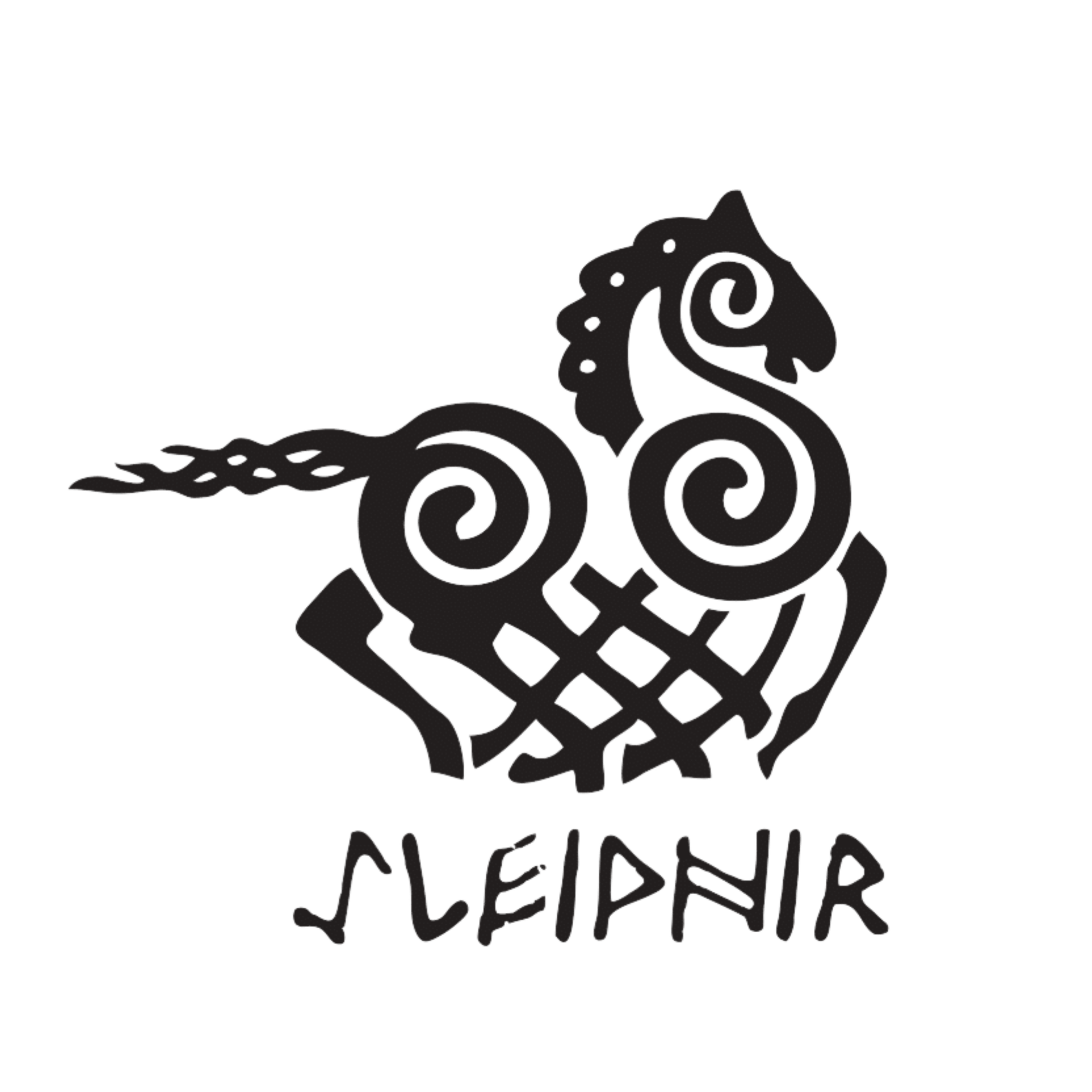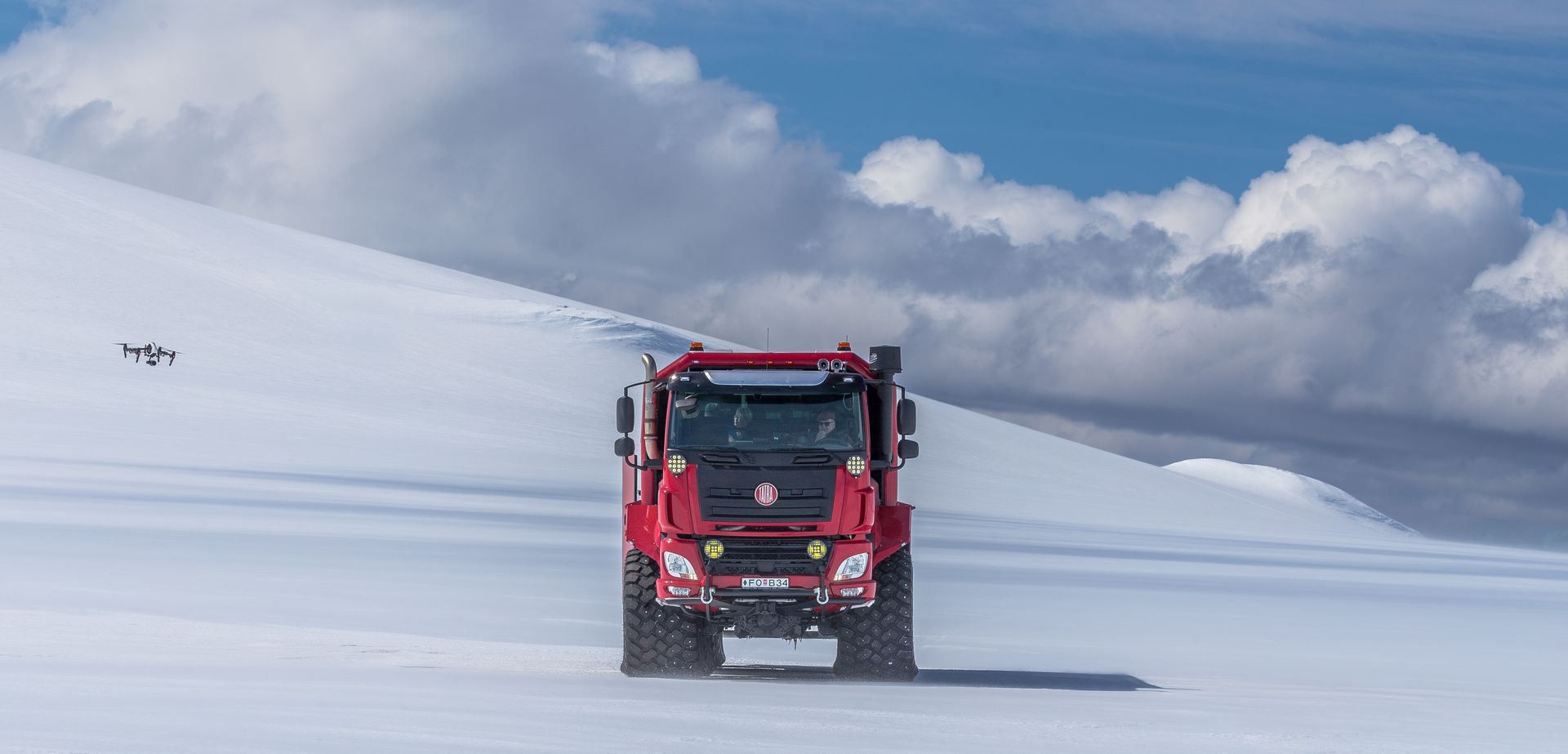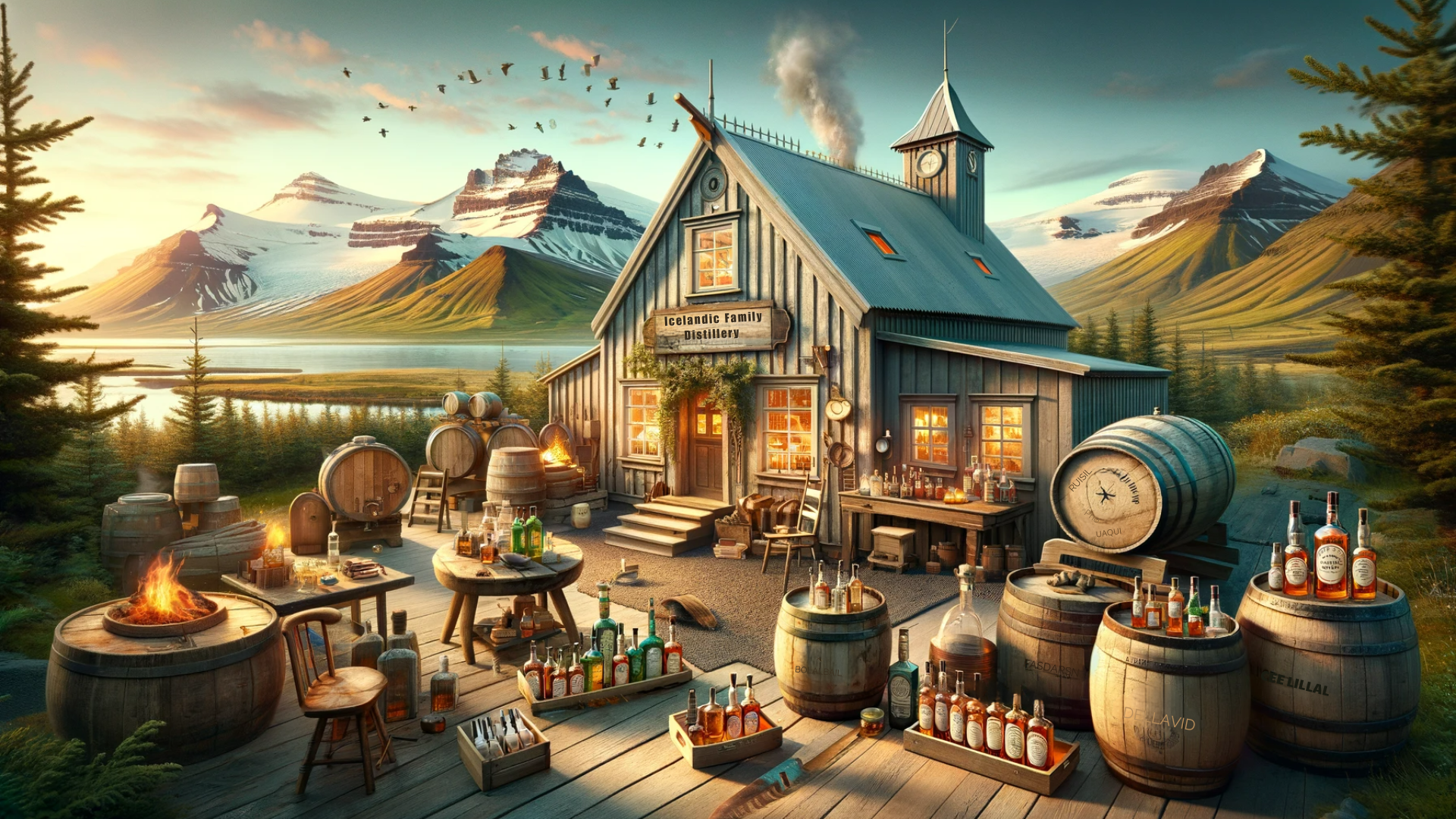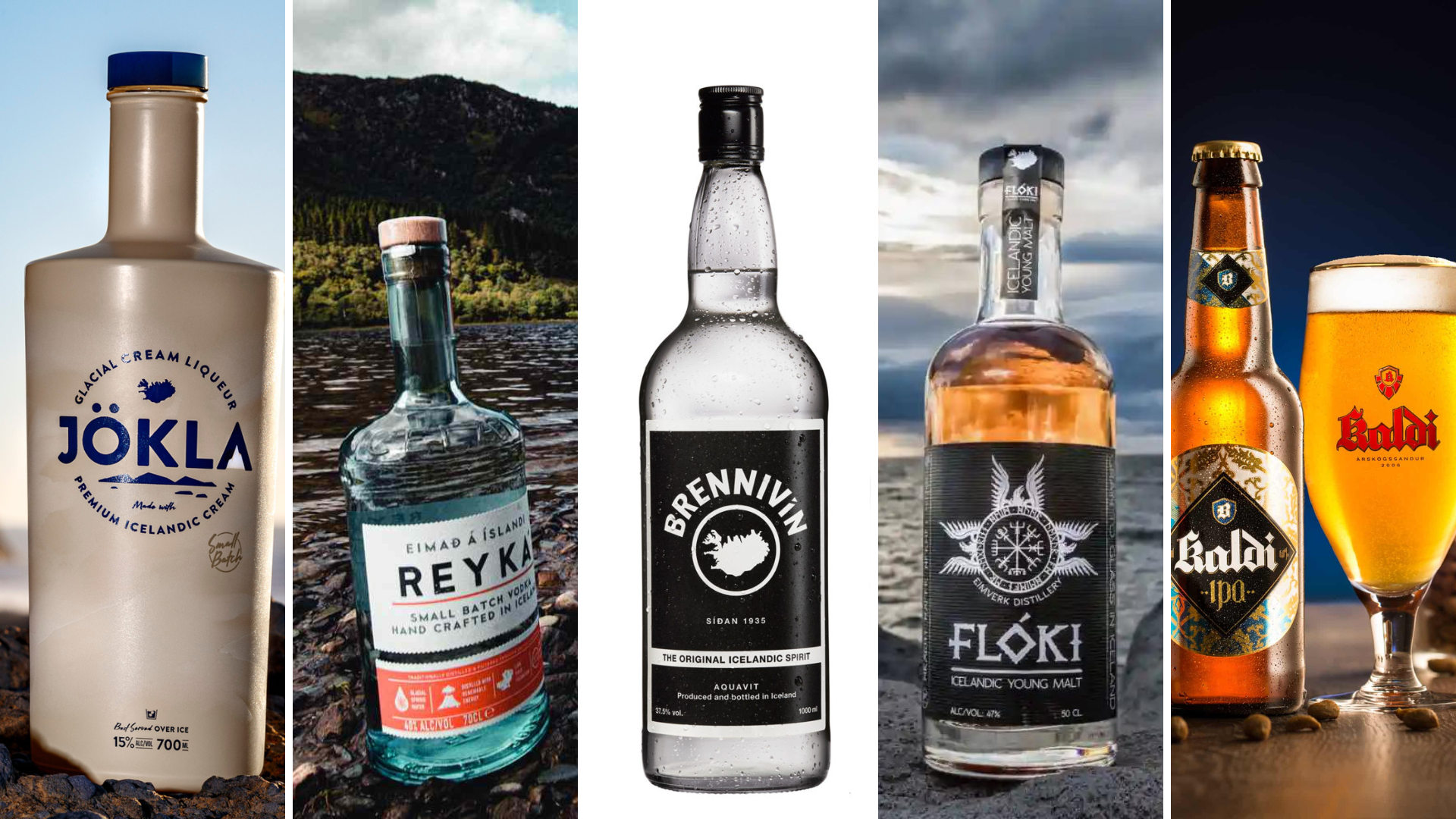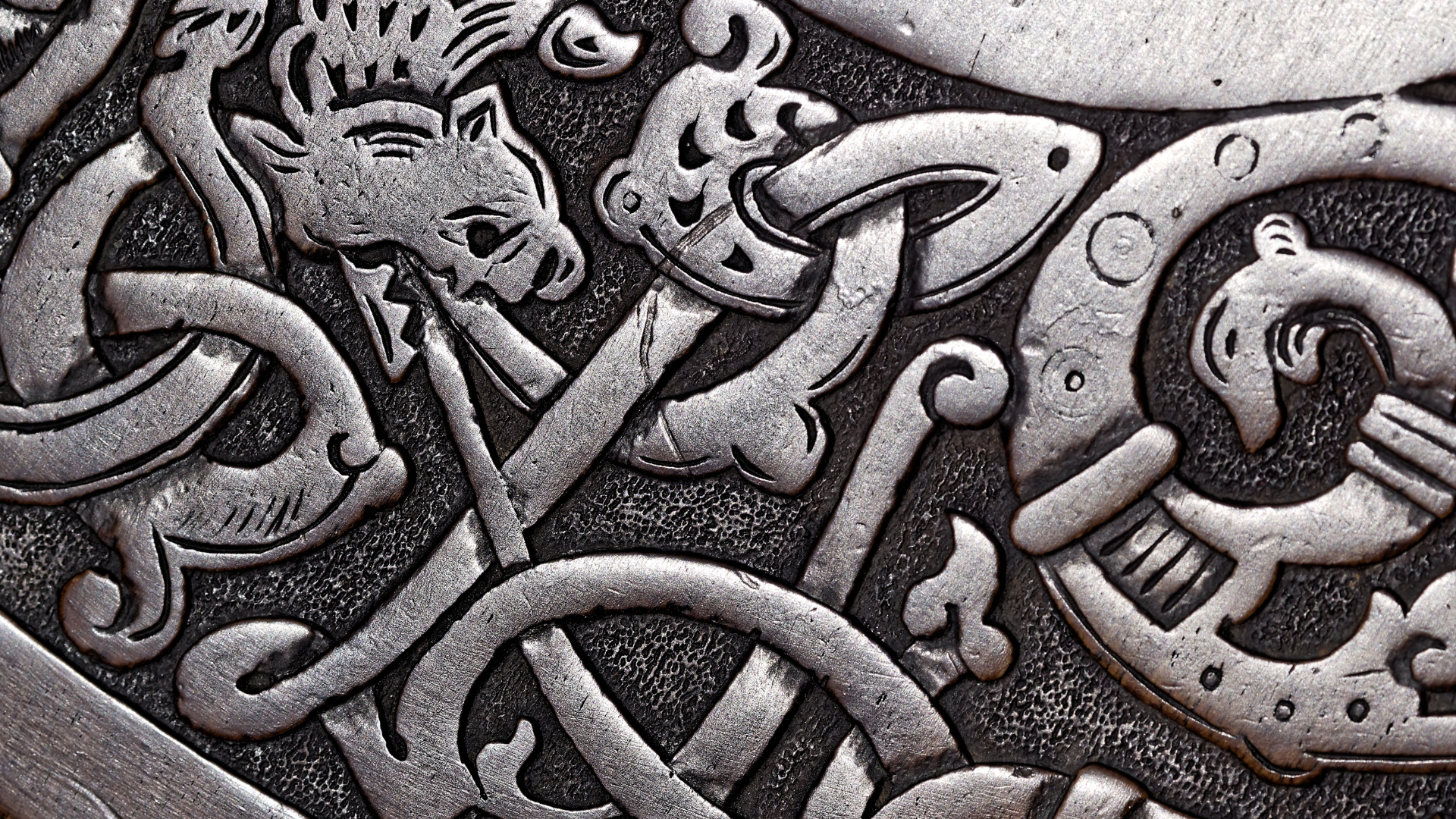Fascinating Facts about Iceland - part 1
The List of Fun Facts about Iceland
Iceland, the enigmatic 'Land of Fire and Ice,' offers a compelling blend of natural beauty, rich history, and quirky traditions that you'd be hard-pressed to find anywhere else in the world. While its cinematic landscapes have been attracting tourists, the island nation's unique cultural aspects equally contribute to the magic that is Iceland. Here are ten fun, intriguing facts about this Arctic wonderland, a mix of well-known and less explored tidbits to feed your curiosity.
1. Iceland is One of the Safest Countries in the World
Iceland is renowned as one of the safest countries globally, with its notably low crime rate. This sense of safety can be attributed in part to its compact population, where residents often have familiar ties or connections, nurturing a close-knit community ambiance especially among Icelander.
2. Iceland is Covered with Numerous Stunning Glaciers
A significant quarter of Iceland's landscape is adorned with magnificent glaciers, offering awe-inspiring vistas and ample exploration opportunities. Iceland's ice caps and glaciers, from the massive Vatnajökull to the tongue-shaped Sólheimajökull, render an otherworldly charm that's an adventurer's dream come true. We must also mention Langjokull glacier, second-longest glacier in Iceland and in Europe. That's where Sleipnir Monster Glacier Buses will take you for an truly rare adventure into the heart of the glacier.
3. Iceland is Home to a Unique Breed of Horses
The Icelandic horse is a unique breed, brought over by the Vikings. These sturdy, pony-sized creatures are not only known for their resilience and endurance but also for their ability to perform five gaits, a feat unmatched by any other horse breed worldwide.
4. The World's Only Phallological Museum is in Iceland
In the capital city of Reykjavik, one can find a museum that's quite out of the ordinary - The Icelandic Phallological Museum. Home to a collection of over 250 phallic specimens from all mammalian species found in the country, it's surely an offbeat and eye-opening visit.
5. Iceland has an Impressive Number of Active Volcanoes
Iceland's location on the Mid-Atlantic Ridge makes it geologically hyperactive, with more than 125 volcanic mountains. Some, like the notorious Eyjafjallajökull, have caused significant disruption, such as the widespread airspace closures across Europe in April 2010.
6. Folklore is Alive in Iceland with Tales of Elves, Trolls, and Mystical Beings
Many Icelanders hold a belief in elves, trolls, and other mystical beings. These creatures are an integral part of Icelandic folklore and culture, with miniature wooden elf houses adorning gardens, and mesmerizing basalt rock formations being attributed to trolls frozen in time.
7. Iceland is a Country Without a Single McDonald's
In a world where McDonald's is virtually ubiquitous, Iceland stands apart. After the global economic crisis in 2008 led to the closure of McDonald's outlets due to a sudden devaluation of the Icelandic króna and high import costs, the fast-food giant has remained absent. Instead, locals and tourists alike relish traditional Icelandic delicacies like puffin, dried fish, shark, and even sheep's head.
8. Iceland has Naturally Occurring Geothermal Hot Springs
The country's geothermal activity feeds into another beloved local tradition - outdoor swimming pools. These pools, filled with naturally warm water, offer year-round relaxation, even in the snowy depths of winter. Visiting an Icelandic swimming pool is a must-do experience for any traveler.
9. Ice Cream is a Popular Treat in Iceland
Surprisingly for an Arctic nation, Icelanders have a deep love for ice cream, enjoying this sweet treat in any weather. From traditional soft-serve to the Icelandic version of a McFlurry (Bragðarefur) packed with candies, fruits, nuts, and sauces, ice cream is an all-year-round comfort food here. Iceland even has it's own Ice Cream trucks in Icelandic "Isbillin".
10. Iceland has a Unique Naming Tradition
Icelandic names follow a unique patronymic system rather than the usual surname tradition. A person's last name usually indicates the first name of their father or occasionally their mother, followed by -son (for "son") or -dóttir (for "daughter"). This is a cherished cultural tradition, highlighting the importance of family ties in Icelandic society.
11. Fermented Shark is a Traditional Icelandic Delicacy
Hákarl, or fermented shark, is a traditional Icelandic dish that has been part of the island’s cuisine for centuries. It's considered an acquired taste due to its strong flavor and odor.
12. Icelanders Maintain the Tradition of Wearing Their National Dress on Special Occassions
The traditional Icelandic national dress, known as peysuföt, is still occasionally worn on special occasions. The design of the dress has remained relatively unchanged since the 17th and 18th centuries.

You Might Also Want to Check Sleipnir's Glacier Tours
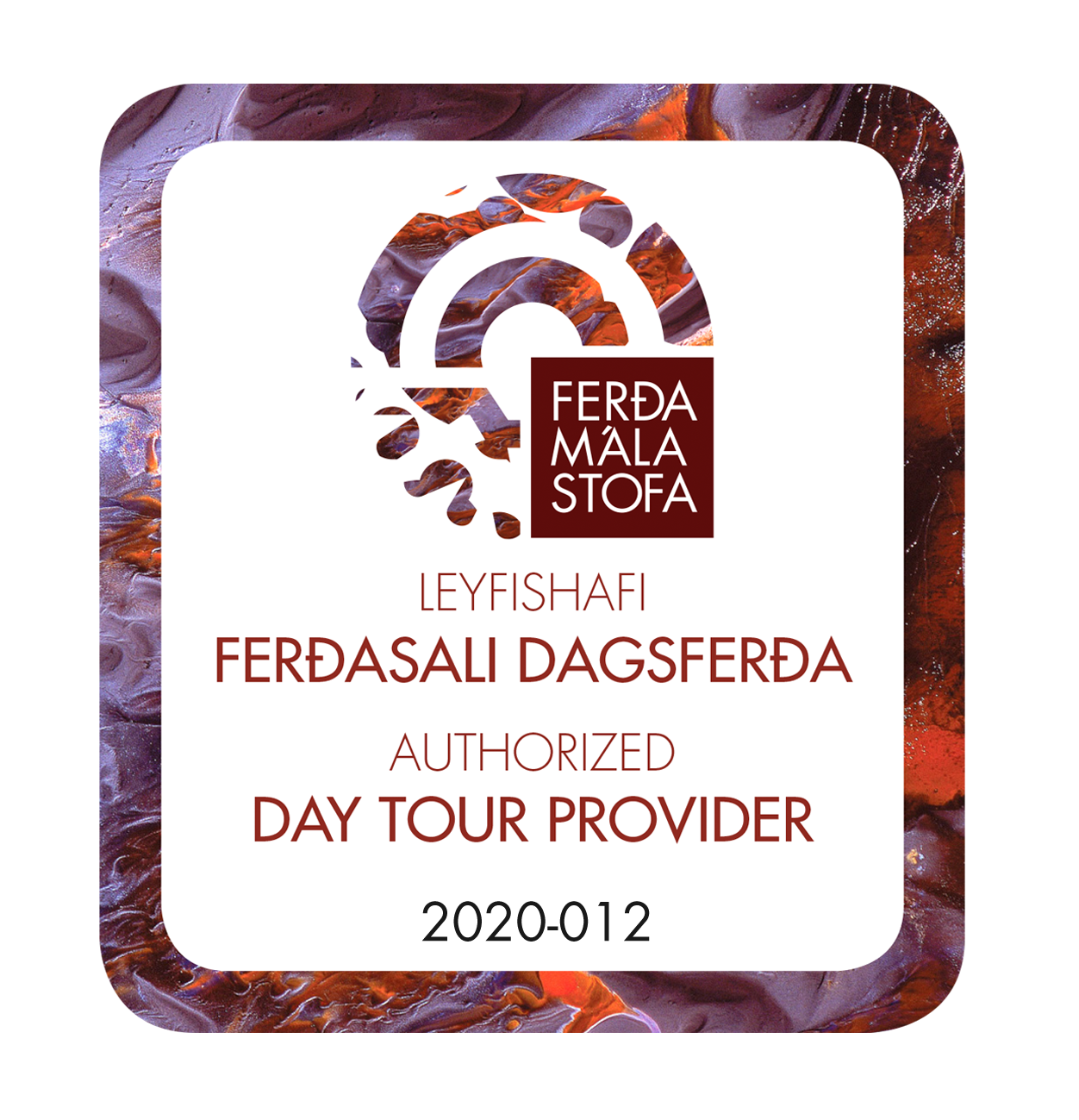

CONTACT SLEIPNIR TEAM
+354 5654647
info@sleipnirtours.is
Office Hours: mon - fri 8:30-16:00
Stálhella 2, 221 Hafnarfjörður
ID: 700896-2779

